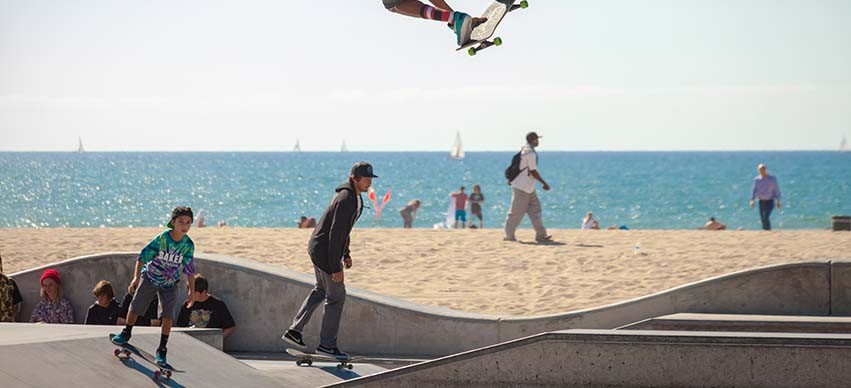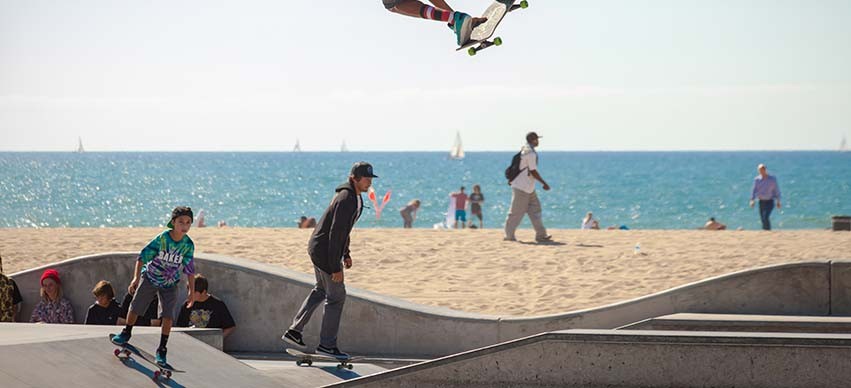
Human beings are created unique. Even babies start to show preferences at a very young age, an indication that we were designed to have our own interests. As the baby grows up, these interests become more visible and defined. Perhaps as a child, his parents encourage him on some extracurricular activities such as sports or piano, but other than the adult-influenced interests, most likely he will have his own desires. These are called hobbies when the person pursuing them is relatively young, but adults call it recreation.
Adults are required to work at least eight hours a day. Unlike kids who can just play all day, at least after coming home from school, we are normally too busy to pursue those interests, and put them off the calendar as something to do only when everything else is done. For example, someone may enjoy golf but never has time for it because his job requires him to work everyday of the week. Another person may find pleasure in gardening and enjoying beautiful flowers, but could find no time in between plentiful chores. Perhaps this is the reason why many adults get burned up from their jobs.
Do You Know That Recreation Plays a Vital Role in Living a Balanced Life? What Does It Do to One's Overall Well-Being?
- Recreation is called that for the reason that it actually revives us. When we spend time doing something we actually enjoy, our hearts come alive and even our physical health appears affected. This indirect effect may be linked to the reduced stress levels. After all, when we are immersed in something that excites us, we feel happy and less prone to feel irritated or annoyed. For example, a person wound up tight at work will feel relaxed when going bowling or fishing even just once a month. Older people who enjoy collecting stamps and other historical memorabilia will take great pains maintaining their collections and may feel energized even when working through the nigh. The reduced stress levels will result in healthier systems overall.
- Spending time on casual pursuits that do not come with added pressure clears our minds. When you spend an entire day troubling or worrying about stuff, you will wind up feeling tired, frustrated, and sometimes even get a persistent headache that does not go away even when you take painkillers. Once you shift your focus to things that you enjoy, you may notice that anything uncomfortable just naturally fades away. Our memories also become sharper and we can concentrate on tasks better. This means recreation actually benefits our mental health.
- Recreational activities can also boost your social life. When you find other people who enjoy the same things you do, you wind up not only relaxing from a tiring day, your emotional life also gets a recharge from relating with other people and enjoying their company. It would be an added perk if your life partner can share the recreational pursuit with you. This means it can be something as simple as taking a walk through the woods, riding a bike together for as little as fifteen minutes, or cooking together in the kitchen for one meal per week.
- The relaxation that recreation brings you results in greater productivity in your work as well. When you push yourself too much, your effectiveness and efficiency decrease. As such it will be very beneficial not to spread yourself too thin, spend some time to recharge, and then get back to work more fully alive than before. Your colleagues may wonder what got into you that you can suddenly finish more work than usual and even produce better quality outputs. You will realize that it does not distract you but rather works for your benefit in reducing stress, relaxing your mind, stimulating your senses, improving your relationships, and even enhancing your work output. All this translates into an improvement on your overall well-being not easily achieved by any other means. Besides, you even enjoy yourself in the process!

